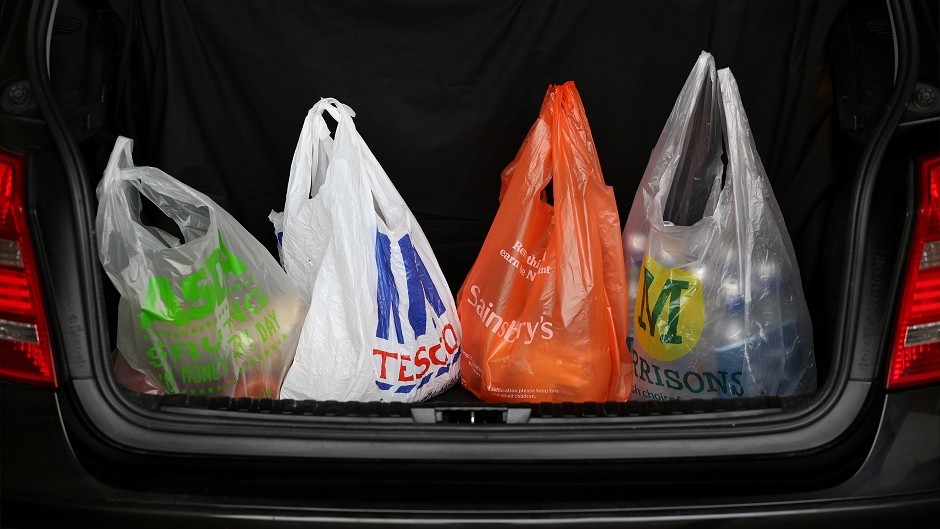Food suppliers and farmers are increasingly being squeezed by the supermarket price war, according to a new report.
The study from Begbies Traynor, which advises firms on insolvency and restructuring, found the number of food and drink makers in Scotland that were in “distress” rose 29%.
Food and drug retailers -mainly smaller firms – were also experiencing early signs of distress compared to 12 months ago.
UK-wide figures were worse, with a 54% increase on the same period last year in the number of companies struggling to make ends meet – the highest increase of all sectors monitored by Begbies’ Red Flag research.
Firms are being hit by the big supermarkets’ price cuts – as they battle to fend off the threat from discounters Aldi and Lidl – as well as the big grocers’ late payments.
The report found that small and medium companies were bearing the brunt of the squeeze on suppliers – with businesses of this size representing 89% of those who were struggling.
Smaller grocery outlets were also experiencing a squeeze too, with a rise in distressed companies in that sector as well.
But the report said it was the supply chain keeping retailers stocked that was by far the biggest loser.
Ken Pattullo, group managing partner in Scotland for Begbies Traynor said the producer and the smaller retail sectors were “most concerning”.
He said: “A massive factor in these rises is the knock on effect that the supermarket battles are having, with suppliers, mostly SMEs being squeezed harder and harder in an already very tight margin sector.
“The very slim margins and high volume of sales involved in supplying to the supermarket giants can mean that relatively small shifts in price, sales or costs can be catastrophic.
“The price wars are good news in the short term for shopping bills, but the long term effects are business failures and job losses in the supply chain. It is also worrying how rapidly firms in the supply chain, who are heavily dependent on a few huge contracts can see relatively healthy businesses collapse,” added Mr Pattullo.
Elsewhere in the Scottish economy, bars and restaurants (up by 50% year on year) and travel and tourism (rising 21%) showed signs of increased distress despite the success of last year’s Commonwealth Games that was hoped would result in a boost for the sector in subsequent years.
“The legacy of the Games here in Scotland hasn’t been immediately obvious, but last year was a bumper year for many in the tourism sector, and the windfall from the big events could have been masking the underlying problems,” he said.
